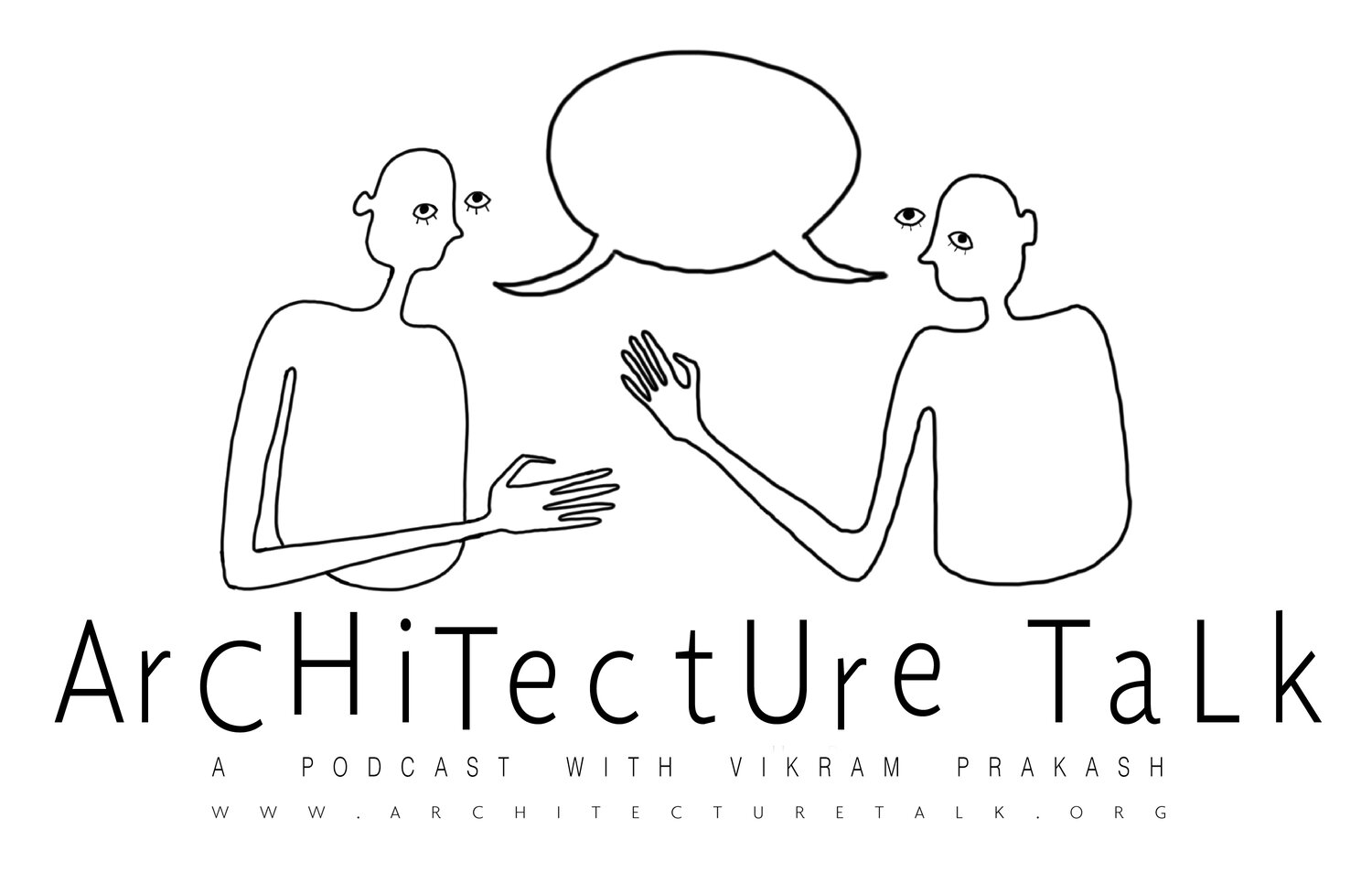37. Transversality: Klee, Kahn and the Persian Imagination with Shima Mohajeri
““What I like about this concept of transversality is that, although it is invisible and in a sense unfinished, it is constantly in the state of resisting and concurring and making. It can assert itself at any time into reality and not stay in a utopian mode.” ”
Today we embark on a magical journey between cultures, between times, and between conceptions of time and space in a fascinating conversation with architectural historian Shima Mohajeri, who has just published a fantastic book entitled Architectures of Transversality: Paul Klee, Louis Kahn and the Persian Imagination (Routledge: 2018)
Timestamp Outline
3:17 Book: Architectures of Transversality: Paul Klee, Louis Kahn and the Persian Imagination
7:17 Transversality as a visible tool: not nativist nor universalist
9:50 “The incomplete project of modernity”
10:56 “Modernity needs to be open to a lateral friendship with local cultures.”
12:33 “We’re not talking about hybrids”: the neutral, sterile, boring collages of postmodernism as a weak critique of modernity
13:21 What are some of the invigorating lateral intersections have happened, in your book?
13:56 Paul Klee: Persian miniatures at the Masterpieces of Mohammadan Art Exhibition, Munich 1910; the The Blue Rider artist group with Wassily Kandinsky and Franz Marc; Goethe’s West-East Divan dialogue with Persian Sufi Hafez; and Klee’s transversal miniatures
17:05 Miniature paintings as a trans-national, multidisciplinary resistance to the nationalistic, chauvinistic patriarchy of the War
19:07 Critiques at the time: “feminine,” “foreign,” “dangerous,” “unpatriotic,” “mystical,” “Jewish”
19:56 “All along, he was thinking of how we could spatialize the concept of time.”
21:36 Not the fragmenting cinematographic Cubist time: diachronic time and a formal and ethical simultaneity
23:12 Klee Varasala and the simultaneity of masculine/feminine, Arabic/Latin scripts, good/evil forces
26:13 Time, the Egg and Death: Angelus Novus, Walter Benjamin, and “man is half prisoner, half borne on wings”
28:48 The Persian rose and the nightingale, Klee’s Nightingales, and the Twittering Machine as a love affair
30:58 The birds move the engine while they sing: a primordial state of movement, a spatial representation of time
33:31 Teaching position at Bauhaus and hiding his Persian miniature inspirations
36:58 Louis Kahn, Iran, and public space
37:58 “As architects and artists, we can slightly change the course of these diseases that we have in our contemporary world...We can change this course by introducing a different organization of space. And that space can affect people’s life...How they express their desires, find themselves and move about the city. What I like about this concept of transversality is that, although it is invisible and in a sense unfinished, it is constantly in the state of resisting, and concurring and making. It can assert itself at any time into reality and not stay in a utopian mode.”
39:35 Modernism in Iran, 1970s: foreign architects invited to design, International Congress of Architects in Isfahan, the Queen, the Shah, Kenzo Tange, and a final sketch
41:42 Transversalities: Tange working in Nigeria, Indian modernists working in Tehran, other architects from Iran, Iraq, Japan, Sri Lanka
42:35 Dualities of power and modernities in Iran: the Shah, politics, the White Revolution, and the 1953 US-assisted Coup; the Queen, preservation, culture and the Shiraz Art Festival; and Kahn’s urban space proposal for City Center in Abbasabad
45:57 Jahan Square in Isfahan, the Valley of Kings and Hatshepsut’s tomb in Egypt
49:58 Culture-people-power and public space for play after private moments in “the nooks and crannies of museums, mosque, theater, opera house” and a layering of private to public, silence to light










